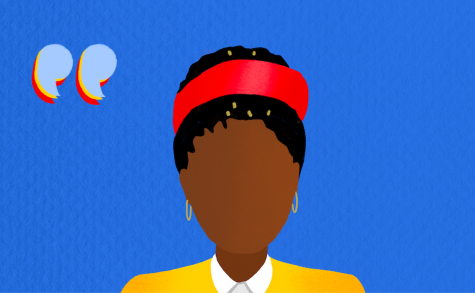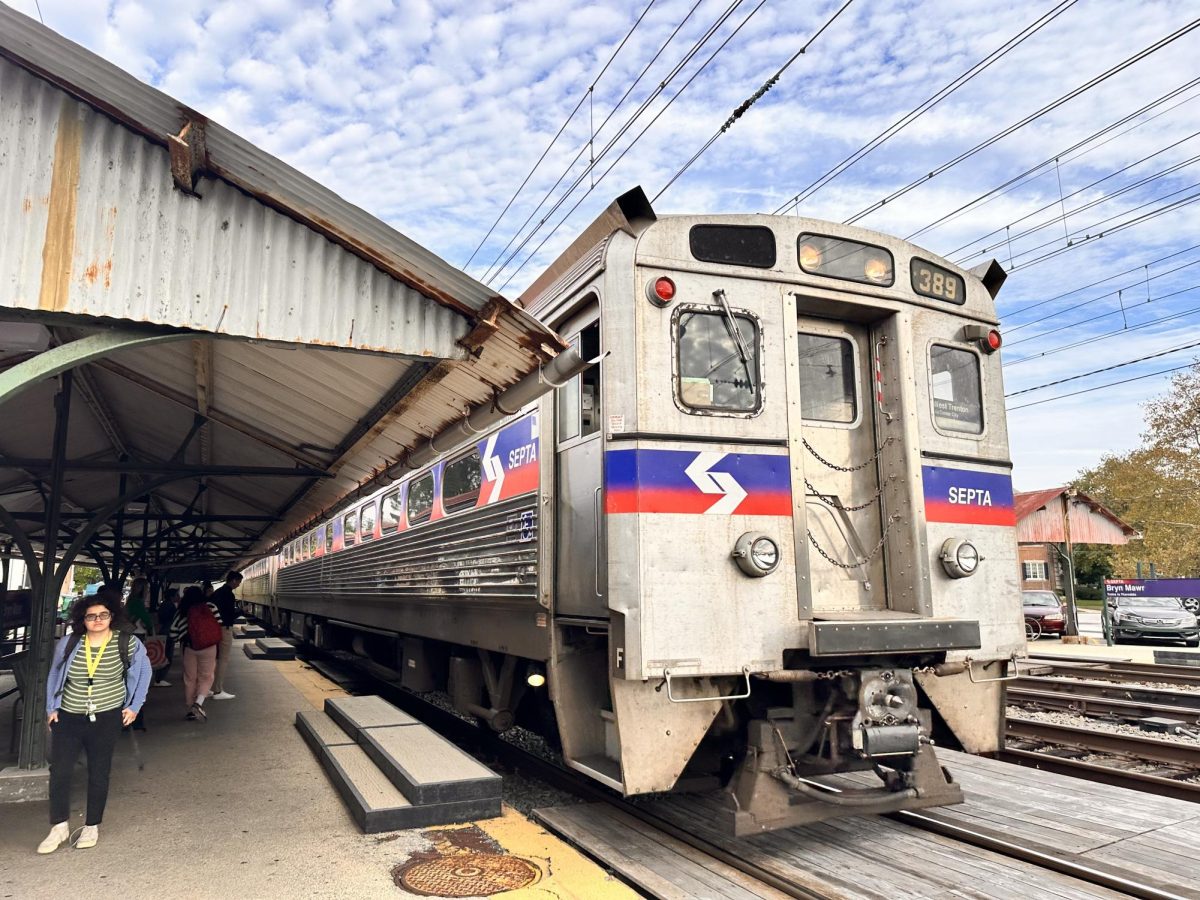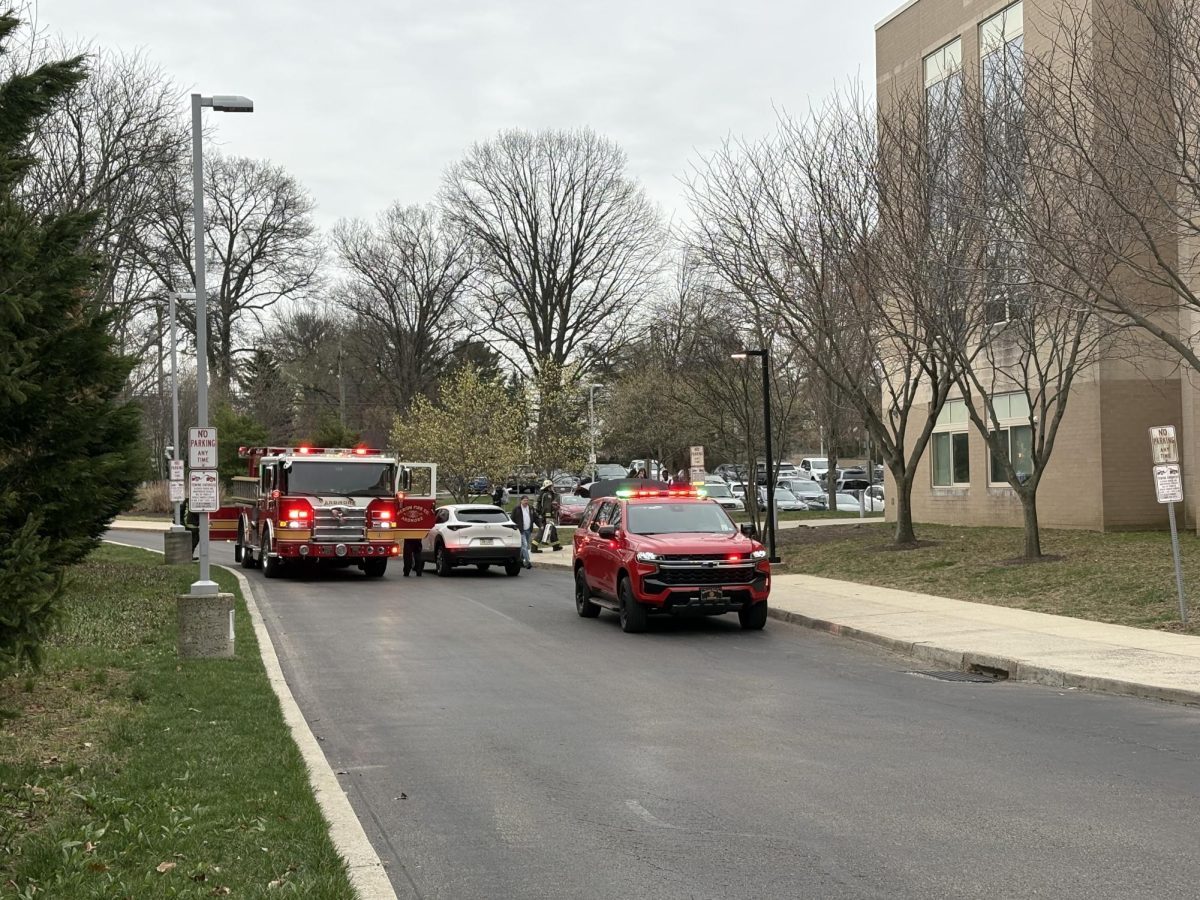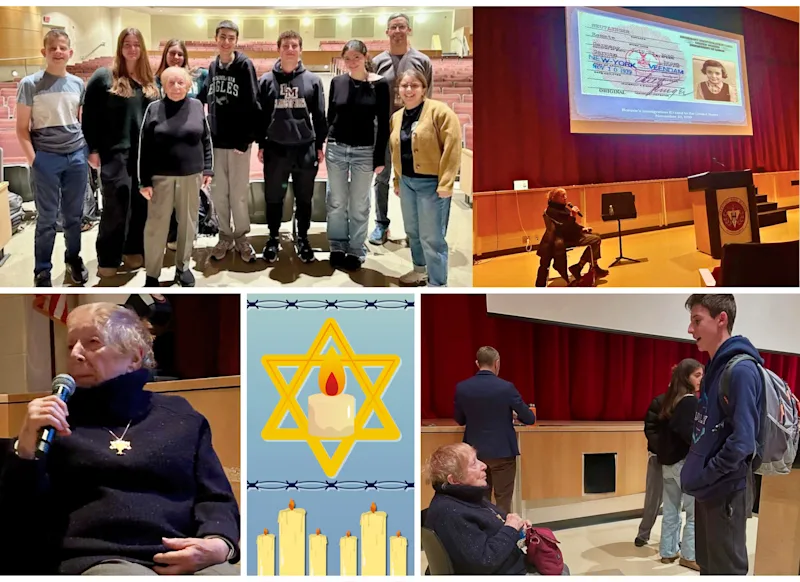
Over the course of the past year, political division, violent protests, and widespread disputes dominated the climate of the United States. However, one event loomed large in the future throughout 2020: the November presidential election. Citizens held their breath for nearly a week as votes were counted and the predicted result seemed to oscillate by the hour. Eventually, the outcomes were finalized, declaring Joseph R. Biden the 46th president of the United States. Despite this, Donald Trump still had two months to finish out his term. Political protests, lawsuits, and an insurrection on the Capitol building threatened to dissipate what was left of our country’s unity; nevertheless, January 20, 2021 rolled around, and millions of viewers across the globe watched President-Elect Biden become President Biden.
Here in LM, families and individuals alike watched as the newest president was sworn into office. In school, teachers incorporated the historical event in their classes: open forum discussions were held, the inauguration was streamed for everyone to watch, and some students were required to complete projects about it. On the other hand, some teachers decided not to refer to it at all. For Social Studies teacher Thomas Reed, it was fundamental to discuss the inauguration in Global Studies 1 and Global Citizenship. He recalls that his “classes watched the events throughout the day and discussions were held on our country moving forward and the challenges that lie ahead.” It was vital for him to educate his students on the country’s political state. He even noted that “even though our democracy was seriously challenged by the insurrection that took place at the Capitol building on January 6, a peaceful transfer of power occurred once again in our nation and [he] wanted [his] students to be a witness to that transfer.” For Reed, the inauguration was just a bolster to the typical curriculum, just like US History class with Chad Hennebery: “Our class just happened to be learning about the bitterly divisive election of 1876 at the end of the Reconstruction Era.”
Therefore, students were able to witness a present-day connection to the events they were learning about for class. Furthermore, Hennebery explains that “the inauguration ceremony of the new President Hayes was held under tight security since the government feared an insurrection of his opponent’s supporters. So like Mark Twain is alleged to have once said, “History doesn’t repeat itself, but it often rhymes.” This parallels what we witnessed with our own government this past month, reinforcing the ways in which history seems to, as Twain says, “rhyme.” Students in Hennebery’s class also had the opportunity to experience the power of Amanda Gorman’s words, the poet laureate who performed at the inauguration.
Learning about this year’s inauguration wasn’t limited to just social studies classes, though. In fact, in Russ Loue’s art classes, poet laureate Gorman was commonly discussed with his students. Students recall how emotional it was to dissect the power of her words, as well as her performance as a whole, analyzing its artistic value and more profound meaning. The inauguration ceremony wasn’t entirely political, so it was important to incorporate the other portions in students’ education as well. The United States is experiencing some of the most inner hostility in its entire history. However, millions of people across the globe were able to find a common interest a few weeks ago. Biden’s presidential inauguration will go down in history, and our own local community was fortunate enough to engage in it from multiple perspectives.






